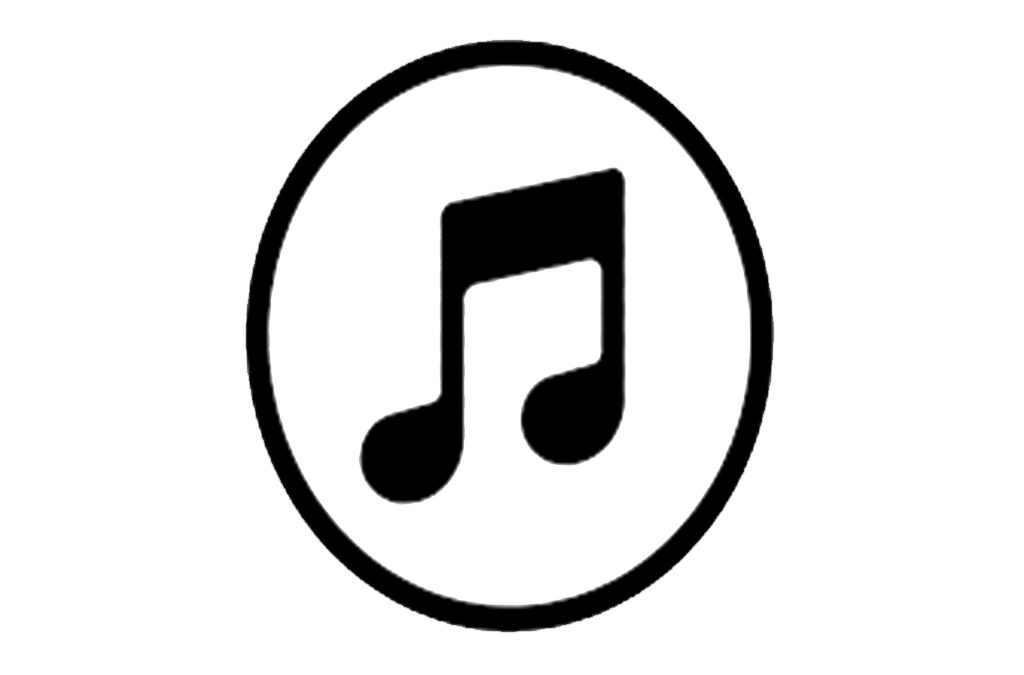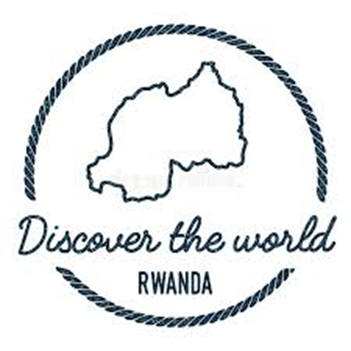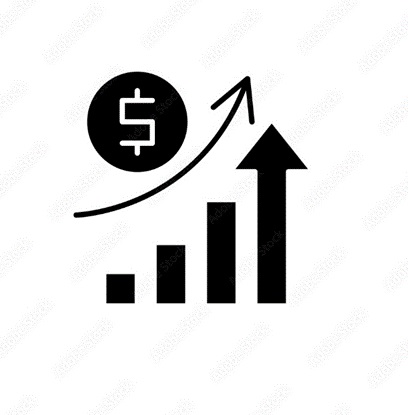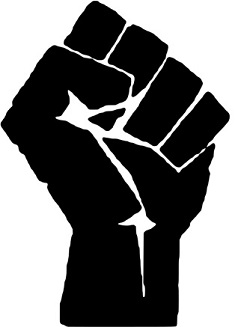
Ubantu & Dharma
February 7, 2022
Indigenous Astronomy of Egypt
April 25, 2022Music - an explosive expression of humanity.
Deepti Kataria
Do you ever listen to a song and find yourself moved so deeply you are almost in tears? Have you ever been to a live performance that turned your worst day into your best? Have you ever heard a song that inspired you?
Music has the power to move us and to change us.
We are reminded of how important music is to us as human beings. Especially over the last year, all of us experienced the impact of Covid-19 in ways we could never imagine. Living in this new reality has challenged the way we live and work, forcing us to adapt and sing to its tune Now that we are talking about tunes we must mention Africa.Africa boasts a rich, varied landscape of musical styles that transcends borders. Some, like Nigerian fuji and Ghanaian highlife, which melded with other influences to create the popular Afrobeat genre, boast complex intersecting rhythms and percussion that can be heard in funk and jazz as well. The expert beating of drums, call and response vocalization, and the meticulous layering of rhythms make people instantly recognize African musical elements in styles from all over the world, from gospel to techno. African musical influence spans beyond borders and traditional African music. It's been shaping music around the world for centuries. Music is not limited to entertainment, it creates a sense of belonging and participation, uniting and connecting us. It is an antidote to the alienation and isolation we feel as we practise physical distancing. Among the uncertainty, music helps soothe our anxiety while helping us connect with the people. For example, during the dispersion of millions of Africans around the world during the slave trade they took their music with them. Spreading more in the 20th and 21st centuries as people traveled to and from Africa.
Now today, as the world gets smaller with the internet and more listeners get exposed to new African artists, the evolution continues. Jazz music, blues music, and gospel music all grew from African roots. Spirituals, work calls, and chants coupled with makeshift instruments morphed into blues rhythms and ragtime. Ragtime paved the way for jazz, and elements from all these styles influenced rock and roll and hip hop music. Without Africa and the African diaspora, music across the globe wouldn't be what it is today.
Nowadays, some musicians are using their talent in hope that their words will inspire change. Some of the most notable ones are:
Known throughout the world, Youssou N’Dour is a musical peacemaker in his native Senegal and lends his words and music to critical campaigns, such as malaria prevention programmes. Oliver Mtukudzi’s music has created awareness and dialogue around HIV and AIDS in his home country Zimbabwe. In Benin, UNICEF goodwill ambassador Angélique Kidjo keeps a strong note of social concern in her lyrics—singing about hunger, homelessness, AIDS and injustice. And some up-and-coming musicians are also lending their voices to protests against crime, human rights violations, xenophobia and much more.
Music with a message
The combination of the right lyrics, rhythm and instruments can build a group identity, stir strong emotions, engage audiences and amass people to take action. This makes music the perfect partner for social change. In Africa a variety of NGOs, bands and activists are trying to make a difference through music. The Sigauque Project is a band based in Maputo, Mozambique, whose music is all about raising issues and trying to bring about change. Its musical influences include Senegalese mbalak, Nigerian Afro-beat and Mozambican marrabenta. A unique pan-Africanism stems from the band’s use of music originally recorded across Africa, which it performs in its own unique style. The band’s two singers, with full horn section, throbbing bass and rhythmic percussion, create sound, including jazz that keeps audiences grooving all night, while the messages come through loud and clear.
“Now, you see musicians singing about girls, money and fast cars. Not long ago Africa was full of music that made a statement—about government, corruption, things that matter,” says Sigauque Project leader and trumpet player Daniel Walter. “Our music talks about HIV, women’s rights, recovering from a disaster, xenophobia and much more. It’s not just great music, we’re saying something.”
Music for social change
Most of the music performed by the Sigauque Project was produced by Community Media for Development (CMFD) Productions, which records music and radio projects for social change. The project Musicians Against Xenophobia brought together musicians from Mozambique, South Africa and Zimbabwe to produce four songs about discrimination.
South Africa’s large migrant population faces discrimination and harassment. “Many people do not know these things are happening,” says Machotte, a Mozambican saxophone player. “Through this music, maybe we can make people know and think about this, and people will change.” Noting the power of music to reach youth especially, CMFD Productions and the Sigauque Project also recently produced two songs about HIV awareness. One combines the band’s hard-hitting jazz sounds with a local rapper’s lyrics about being faithful, while the other uses the popular passada rhythms that Mozambicans love to dance to.
The CMFD also produced other songs for radio programmes. The most recent, “Hungry City,” accompanies a documentary and radio drama series about the state of food security in Southern African cities. Another song talks about floods in Mozambique and accompanies a radio series about the country’s recovery from the floods that hit it in early 2013. Music as a platform
Music is an important part of popular culture, it entertains us, and so it is a great platform for discussions on social issues. Concerts are particularly effective because artists have the opportunity to address large crowds. For social messages to take root, they must be accepted by large numbers of people, and individuals are more likely to accept these messages if their peers do.
When music is played over the radio, people hear and sing along to the songs, repeating the messages so that they and others really hear them. This gives people an opportunity to understand what messages the music holds and then to speak about them.
Music is a means by which people can convey important messages and ideals to others in the hope that they will truly listen and, as a result, come together and bring about social, political and economic change.
When asked about the possible future uses of music, Daniel Walter has big hopes.
“In many African countries today there exists democracy in name only criticising the government can lead to a loss of opportunities. I see an important role for music in the coming years using a lot of popular messaging.”
So the next time you wish to make change, why not make a song about it?
Music with a message
The combination of the right lyrics, rhythm and instruments can build a group identity, stir strong emotions, engage audiences and amass people to take action. This makes music the perfect partner for social change. In Africa a variety of NGOs, bands and activists are trying to make a difference through music.
The Sigauque Project is a band based in Maputo, Mozambique, whose music is all about raising issues and trying to bring about change. Its musical influences include Senegalese mbalak, Nigerian Afro-beat and Mozambican marrabenta. A unique pan-Africanism stems from the band’s use of music originally recorded across Africa, which it performs in its own unique style. The band’s two singers, with full horn section, throbbing bass and rhythmic percussion, create sound, including jazz that keeps audiences grooving all night, while the messages come through loud and clear.
“Now, you see musicians singing about girls, money and fast cars. Not long ago Africa was full of music that made a statement—about government, corruption, things that matter,” says Sigauque Project leader and trumpet player Daniel Walter. “Our music talks about HIV, women’s rights, recovering from a disaster, xenophobia and much more. It’s not just great music, we’re saying something.”
Deepti Kataria




